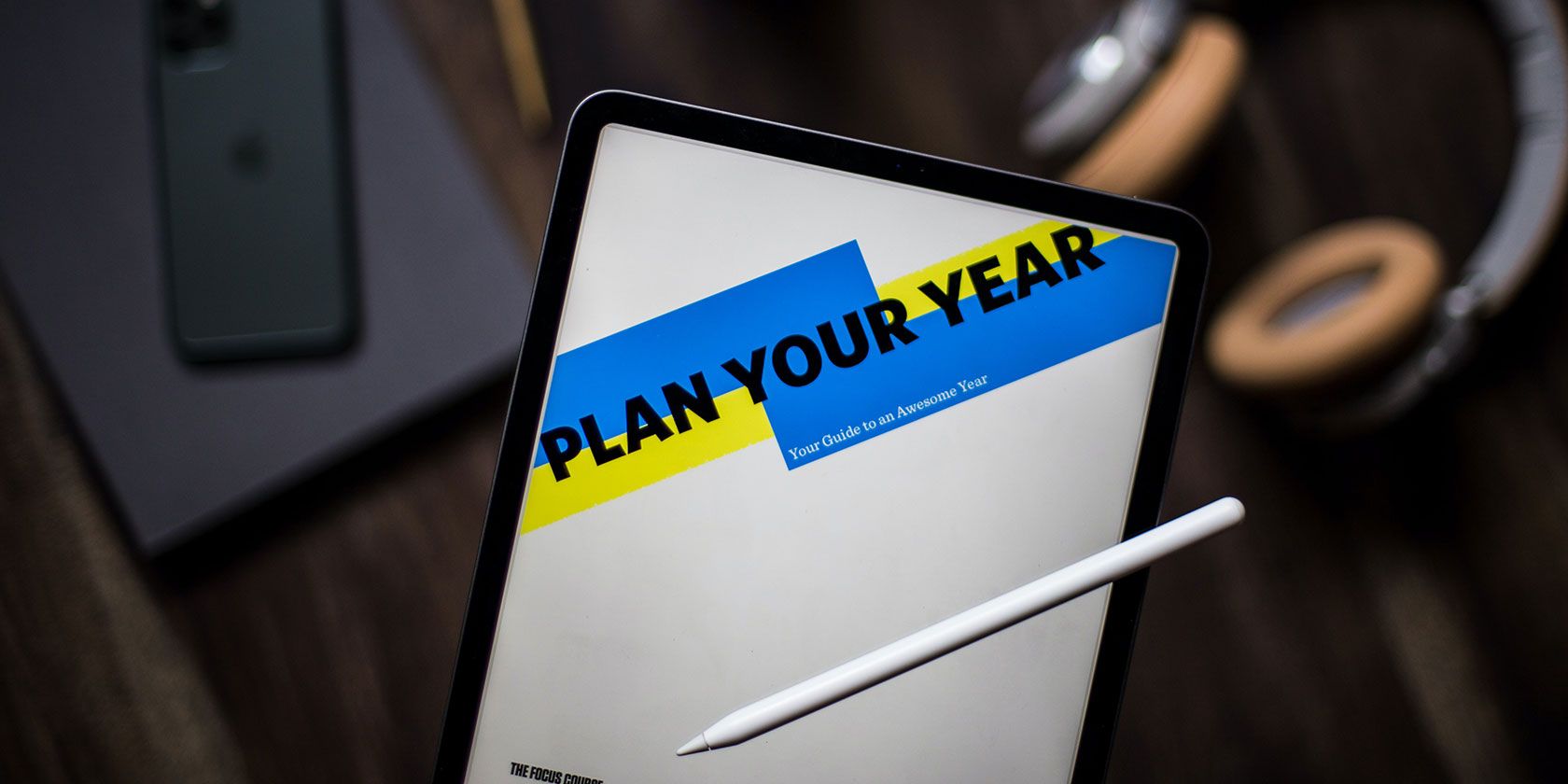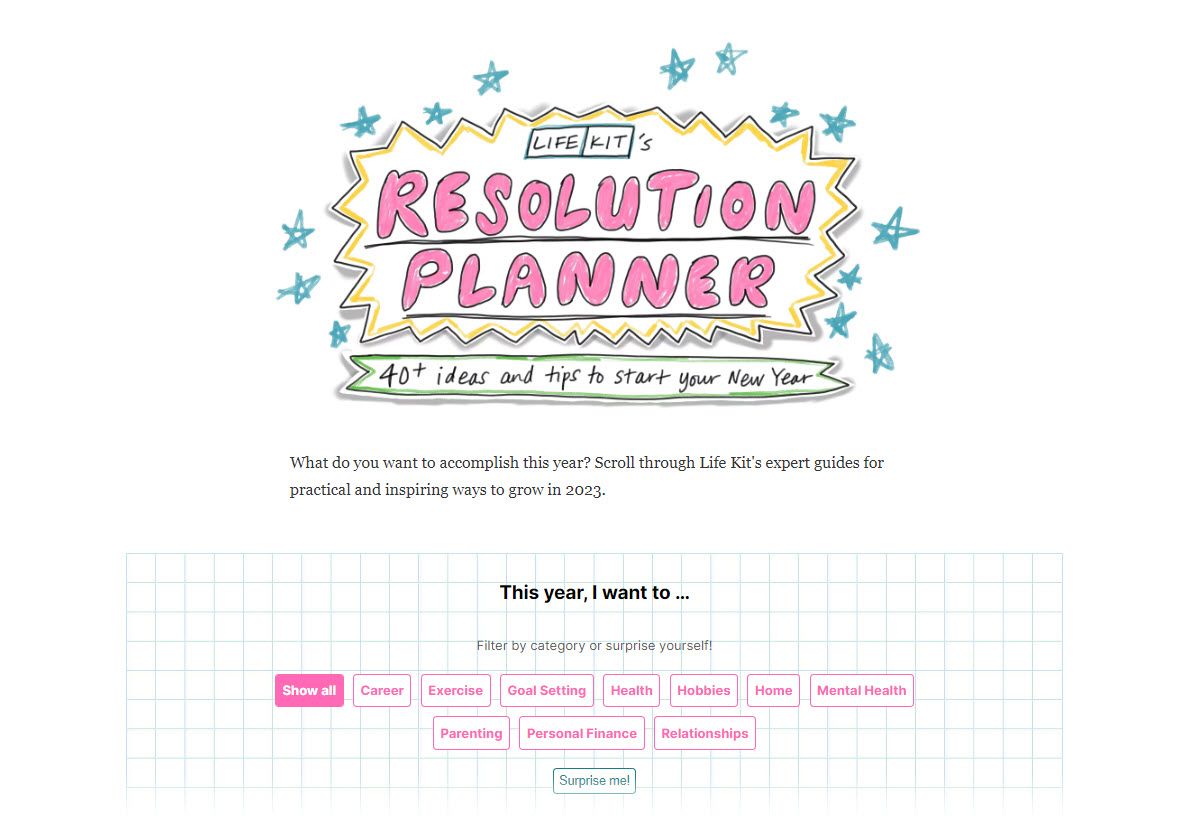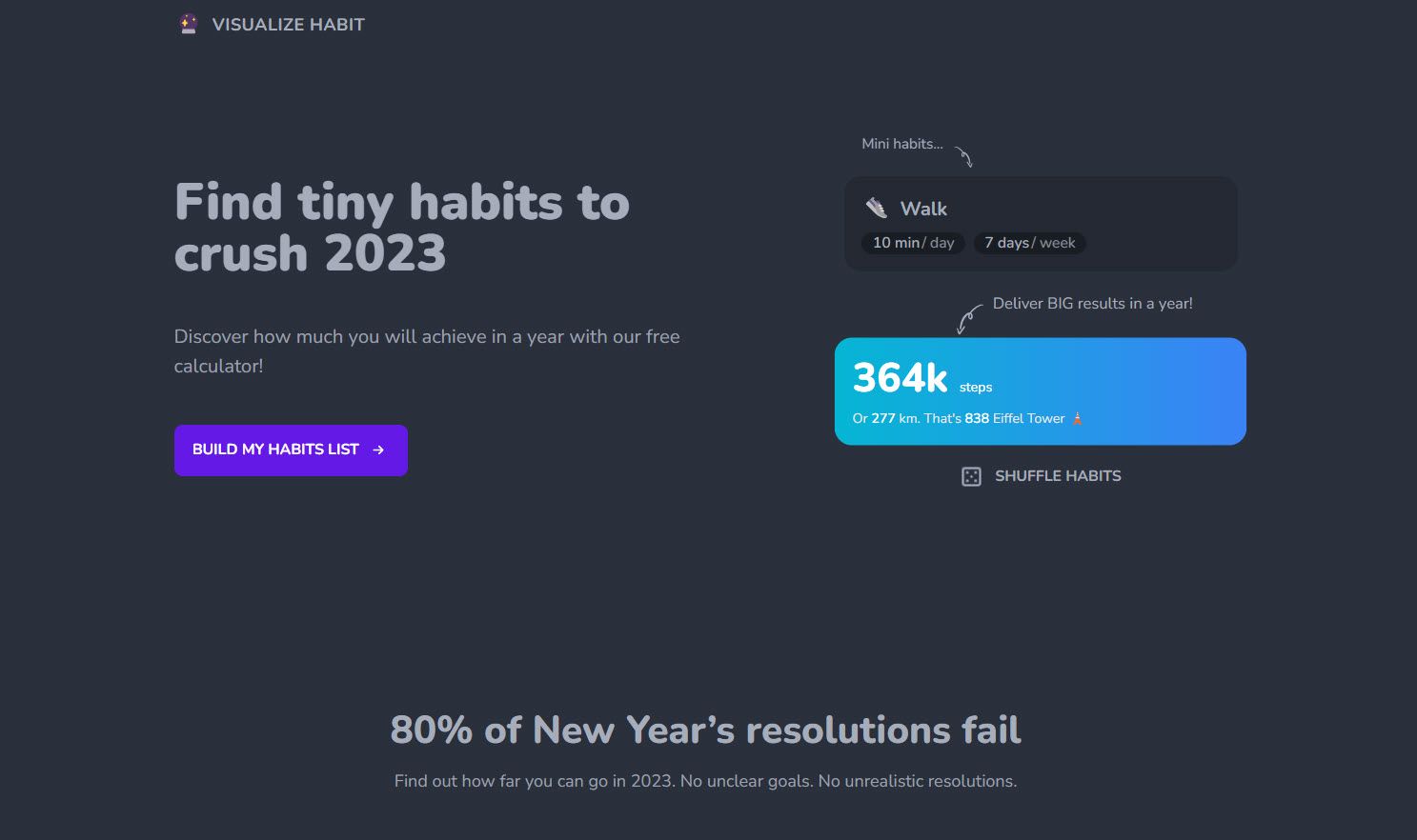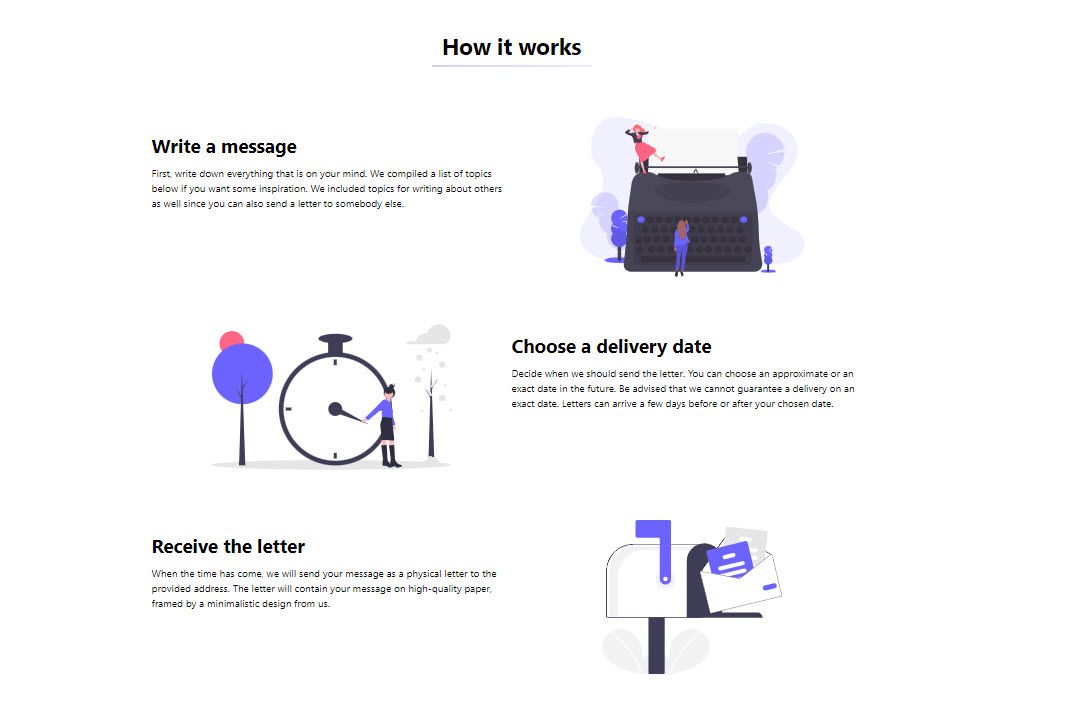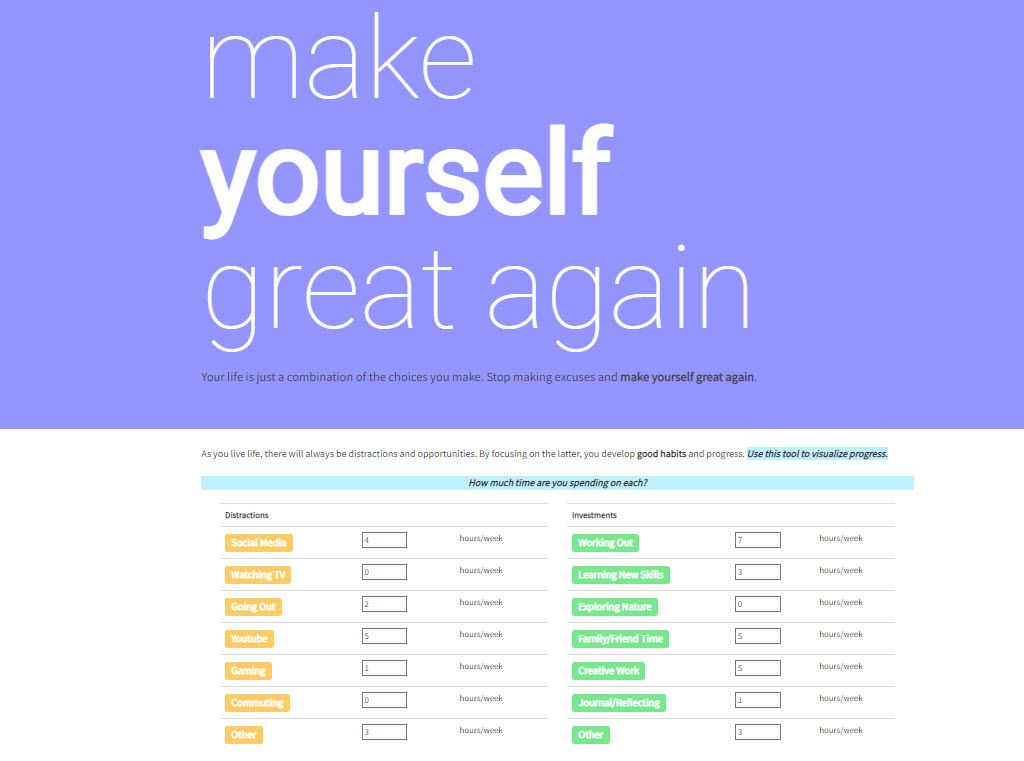The start of the new year makes you look at your life and try to make a few changes. Unfortunately, such New Year's resolutions are notoriously hard to keep. While there are plenty of tips to help you achieve your New Year's resolutions, you might benefit from apps that help you pick the right resolutions to keep.
Some apps will help you figure out your goals and resolutions, guiding you to find what matters and where you're faltering. Others will ensure you are focused on following through with the steps you want to take and reach your goals.
1. Life Kit's Resolution Planner (Web): Start With a Practical Idea
Most new year's resolution ideas are predictable. That's one reason we keep making them yearly (and failing). But maybe, some ideas you have yet to explore could snowball into other areas of our lives. For instance, spitting chores fairly could improve your relationship with your spouse or teach your children personal responsibility.
The non-profit National Pubic Radio has come up with 40+ achievable new year resolutions supported by their Life Kit guides. Filter them by category, or select the Surprise me button to pick a random skill to improve. Each resolution meets the calculator and calendar test — you can measure it and set a deadline.
NPR is known for its unbiased coverage of news and culture, so you can trust the guides to point you in the right direction.
2. Visualize Habit (Web): See Little Efforts Compound
Most new year's resolutions fail because the goals become overwhelming. We fixate on the end rather than walk the journey because we underestimate the power of small daily steps. Visualize Habit is a nifty website that helps you imagine how mini-habits can compound with time.
The habit calculator will stop you from setting unrealistic goals. In the first step, choose a habit from the grid. Next, use the calculator to enter how many minutes you will give to that habit across the week. For bad habits like smoking or drinking, you must provide the calculator with the amounts you consume. On the final screen, the calculator will tell you how far your efforts will take you in one year, five years, or in 10 years.
The tiny steps add up across the year, and the results can be eye-popping. For instance, you can author one book in a year if you write for 30 minutes daily. Of course, the results are based on averages and may not be accurate. But it can make a goal in the future appear realistic.
3. Letter to Yourself (Web): Promises to Your Future Self
Imagine writing to a future version of yourself. What would you say to him or her about your aspirations? While you can send a letter to the future with FutureMe, Letter to Yourself does it differently. When you decide on the date, the site will send you a physical letter, not an email. In addition, the U.K based company posts letters worldwide so that you can write a message to yourself (or someone else) from anywhere.
The complete process is automated, and all messages are encrypted. The site says it charges $4.99 for every letter you want to send. This price is not affected by the letter's length or the delivery country. Letters can be approximately 2,000 words or around five pages long.
4. Make Yourself Great Again (Web): Are You Wasting Time?
When you are assessing yourself, you tend to be a little lenient. If you crunch everything down into actual numbers, you might have a fairer and more objective view of yourself. How do you do that? Try it with Make Yourself Great Again.
This app asks you where you are spending time. The activities are divided into distractions and investments. Distractions include things like social media, watching TV, going out, commuting, and so on. Investments include working out, family/friend time, learning new skills, etc. Then, you can add your other distractions and investments to the equation.
For each aspect, add how many hours a week you spend doing it. Again, a rough estimate is fine, and the distractions have an average human's time for each activity.
Once you're done, you'll get an instant picture of how much time you spend on distractions compared to investments. The multiplier can be a little shocking sometimes, but it'll help you figure out where to change.
5. Onrise (iOS): Build Nano Habits
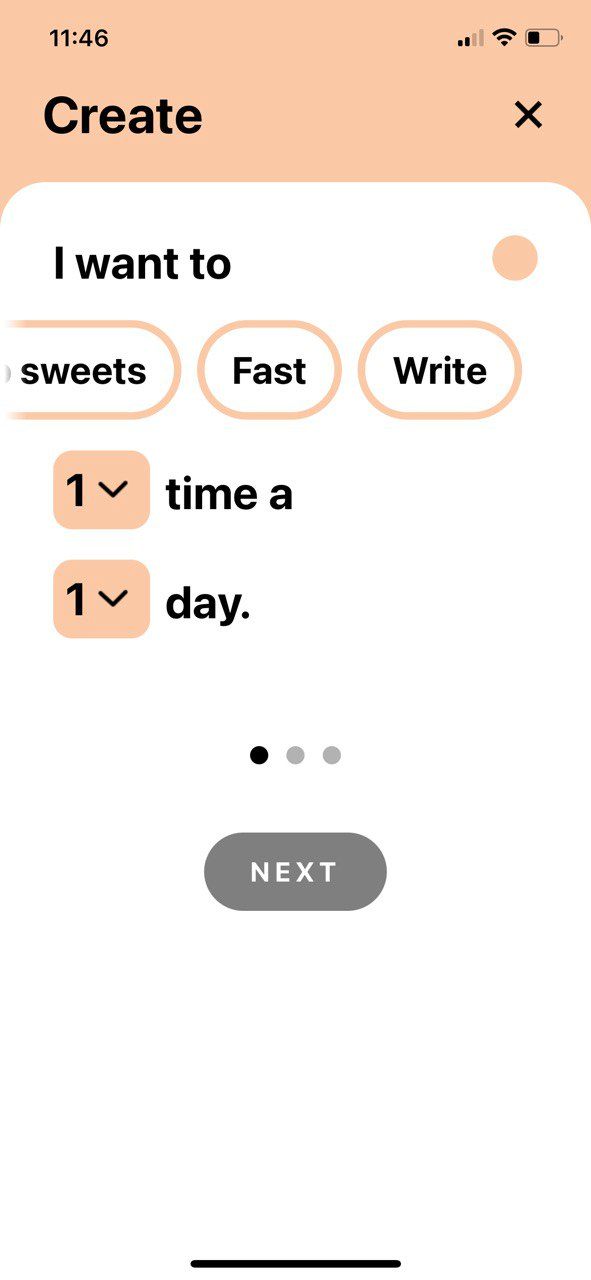
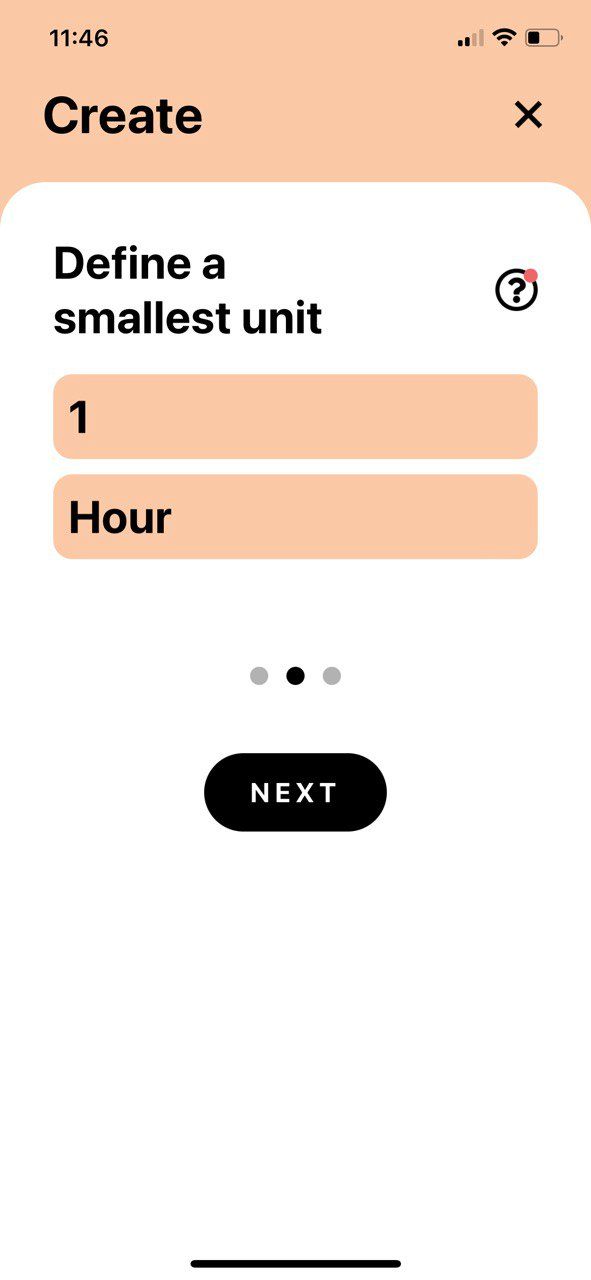
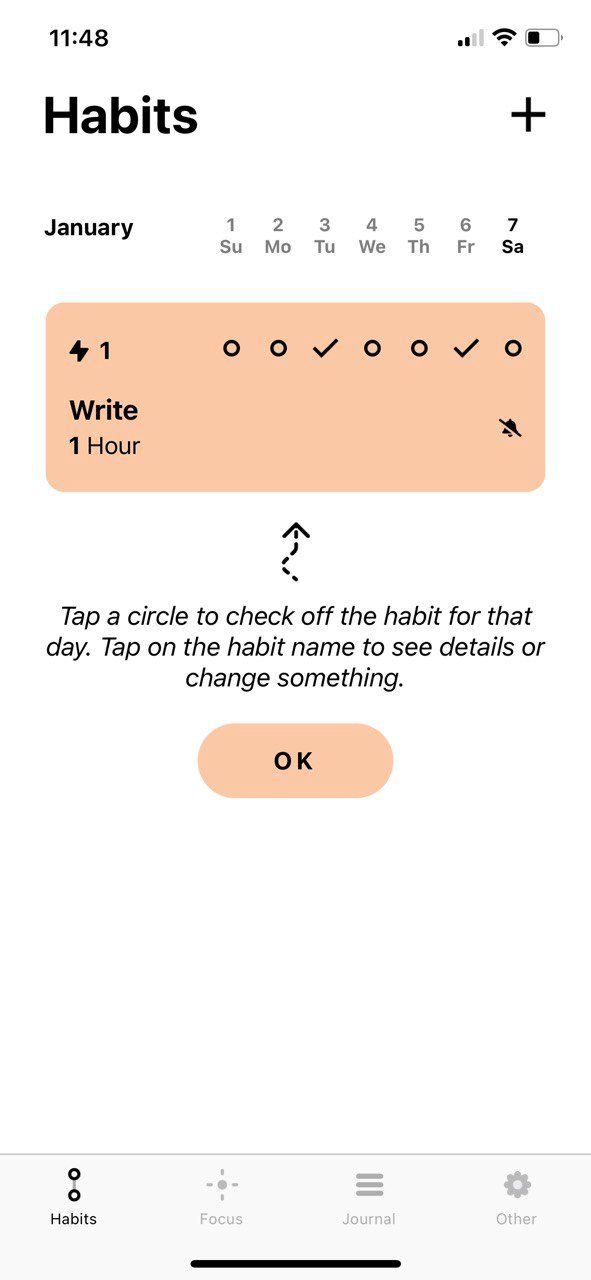
There are a few free habit trackers that are well-designed on mobile play stores. Onrise is one of them, and it's a simple app that doesn't overwhelm you from the first tap. Keeping this simplicity at its core, the habit tracking app wants you to start slow. First, pick up a habit and break it down to its smallest achievable unit. Then, optionally, set a reminder and start ticking them off. Finally, Onrise also has tiny reward icons that display automatically when you achieve streaks. Use these as prompts to set up a reward system for yourself.
Onrise also includes a handy Pomodoro timer and a journaling space. This helps you to combine your nano habits with the focus of Pomodoro sprints and, finally, a journal to jot down any thoughts or plans. Onrise may not be suited for those who like more custom options. But if you want something to just tick on the homescreen widget and get back to your goals, then this free app is for you.
Download: Onrise for iOS (Free)
Habit Apps to Meet Resolutions
With these apps, you will find different methods to set and meet your resolutions. They are best to start a new year with, but that doesn't mean you can't use them for the rest of the year. Use any of these for a boost whenever you want to change for the better.

